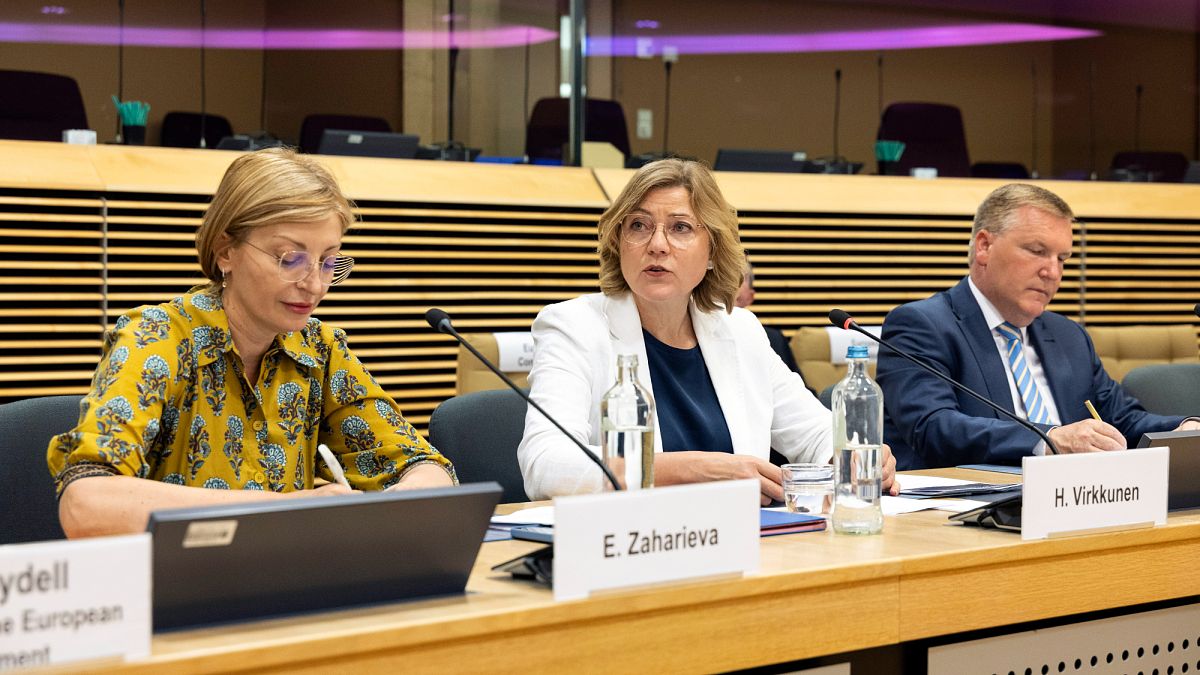

In notable developments across the economic and geopolitical spectrum, European leaders and global partners are engaging in collaborative efforts and dialogues to address pressing challenges and explore promising opportunities.
Recognizing the transformative potential of strategic leadership, the European Union has embraced the World Economic Forum’s initiative designed to revive and foster innovation in Europe. This initiative underscores a commitment to addressing perceived economic declines through structured dialogues and actionable strategies. By delving deep into creative and sustainable economic solutions, the plan aims to bolster Europe’s position globally, advancing progress in fields such as technology, sustainability, and governance. EU Commissioners are at the helm, directly engaging with these strategic pillars, signaling strong institutional support for this comprehensive approach.
Concurrently, the electric vehicle (EV) battery sector in Europe navigates through a phase of recalibration following Northvolt’s abrupt closure. French company Verkor, with support from automobile giant Renault and other investors, echoes a commitment to the ‘local for local’ model. This vision emphasizes the importance of bolstering local supply chains and innovation hubs within Europe itself. Verkor’s perspective highlights the necessity of resilient support mechanisms for homegrown enterprises to thrive despite unpredictable market fluctuations. Such measures are integral to sustaining and advancing local industries in a manner that is both adaptive and economically favorable.
Transatlantic trade discussions between the European Union and the United States are on course to reach a preliminary agreement concerning tariffs. This development, set against an impending negotiation deadline, illustrates both parties’ willingness to engage collaboratively, though detailed discussions on specific sectors remain open. The aim is to create a framework that supports mutual economic endeavors and nurtures a beneficial trade environment. Such endeavors amplify the shared economic interests that underpin this long-standing transatlantic partnership.
On another front, monetary policy implications are a matter of active reflection. Federal Reserve Chairman Jerome Powell has observed that adjustments to the U.S. interest rates are, in part, influenced by prevailing tariff structures. As diplomatic and economic negotiations evolve, the potential for shifts in monetary strategies remains a focal point that could reflect emerging economic alignments.
Globally, strategic alliances such as the AUKUS agreement are undergoing reflective discussions. During a recent Quad nations meeting, Australian Foreign Affairs Minister Penny Wong emphasized the strategic importance of the pact to the United States, reinforcing mutual understanding among partner countries despite ongoing exploratory reviews. The meeting underscores broader themes of partnership, cooperation, and shared strategic interests. While assurances remain flexible, the dialog reflects a commitment to maintaining a cohesive strategic framework amidst a rapidly evolving global landscape.
These dialogues and initiatives across different sectors and regions depict a landscape where collaborative and cooperative efforts are pivotal. As EU and global leaders consolidate strategies in diverse domains, the emphasis on sustainable development, resilient trade relations, and strategic partnerships holds the potential to create an environment conducive to growth, stability, and mutual prosperity.
Source: {link}
